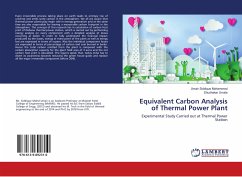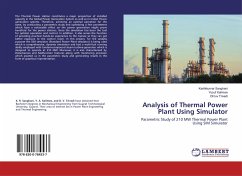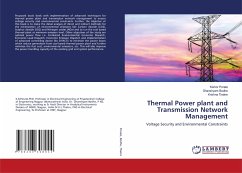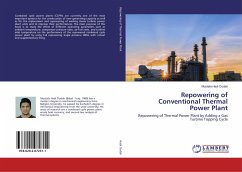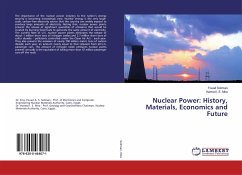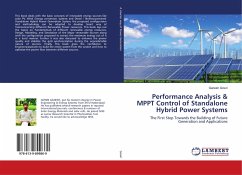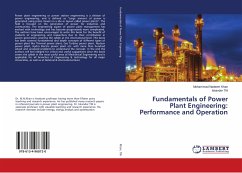Every irreversible process taking place on earth leads to entropy rise of universe and emits some carbon in the atmosphere. We all are aware that thermal power plants play major role in energy generation and at the same time are also responsible for leaving a measurable carbon footprint in the atmosphere. The concept of this research lies in calculation of carbon foot print of Dahanu thermal power station, which is carried out by performing exergy analysis on every component with a detailed analysis of losses occurring at boiler. In order to fully understand the financial impact produced by the losses, exergy at every point of the plant as well as exergy lost are expressed in terms of rupees. Also the individual component losses are expressed in terms of percentage of carbon and coal burned in boiler. Hence the total carbon emitted from the plant is compared with the carbon absorption capacity for the plant field area of 3 acres and the net carbon foot print is calculated. The figures speak that, today India has to divert its awareness towards reducing the green house gases and replace all the major irreversible component before 2040.

